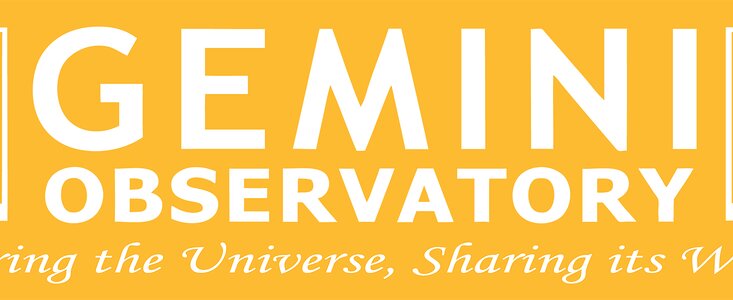8.1 Meter Gemini Observatory Mirror Delivered to Mauna Kea
29 Junio 1998
Measuring over 26 feet across, the largest single-piece telescope mirror ever to travel to Mauna Kea arrived safely at its final destination, 13,780 feet above sea level, on Sunday, June 28th. Weighing in at over 25 US tons and encased in a 20-ton steel crate, the mirror took three days to travel from Kawaihae Harbor to the Gemini Observatory site. As one of the widest loads ever transported to the summit, the 28 foot-wide crate required road improvements and even temporary removal of road signs before the mirror could make the final 65-mile journey to its home on the top of Hawai'i.
"Not only is this the best telescope mirror of its size ever polished, but it is also one of the most well traveled!" said Gemini Optics Manager Larry Stepp. "It traveled a distance equal to more than halfway around the world, and arrived at the observatory safely and right on schedule."
Starting as a glass casting at Corning Glass Works in Canton NY, the special ultra-low expansion glass disk was then shipped to REOSC, a French optical company. REOSC was responsible for the final polishing of the Gemini mirrors as well as for their transportation. "We are extremely pleased with the job REOSC has done," said Stepp. Before leaving France for Hawai'i, the mirror's final acceptance test showed that it s so smooth that if it were expanded to the size of the US, there would be no bumps higher than a speed bump.
Over the next few weeks, the mirror will receive a reflective coating at the observatory and be installed into a specially designed support structure on the telescope. After several months of testing, it is expected that the first images will be released before the end of this year.
When it becomes operational the Gemini North telescope will produce some of the clearest infrared images of our universe ever taken. These observations may someday lead to the discovery of new planetary systems around other stars and help astronomers to better understand the structure and evolution of our universe as a whole.
Más Información
The Gemini 8-meter Observatory Project is a multi-national effort that will provide two nearly identical 8-meter telescopes that can explore any part of the sky in both optical and infrared light. To accomplish this, one telescope is located on Mauna Kea (Gemini North) and another on Cerro Pachon in northern Chile (Gemini South). Both scopes will incorporate new technologies that allow large, relatively thin mirrors to collect and focus starlight, at times with more clarity than the Hubble Space Telescope.
The Gemini 8-meter Telescope Project is managed by the Association of Universities for Research in Astronomy (AURA), a non-profit consortium of 27 US institutions and four international affiliates. The Gemini observatory is headquartered in Hilo at the University of Hawaii-Hilo University Park. Gemini receives major funding from the National Science Foundation (NSF), which acts as executive agency for the international partnership. The other Gemini partners are the United Kingdom, Canada, Chile, Australia, Argentina, and Brazil. Gemini is the highest priority nationally-funded astronomy project in each of the partner countries, and each contributes significant scientific, technical, and financial support.


